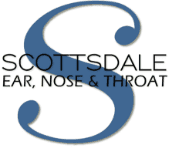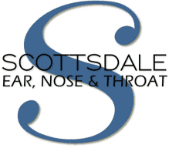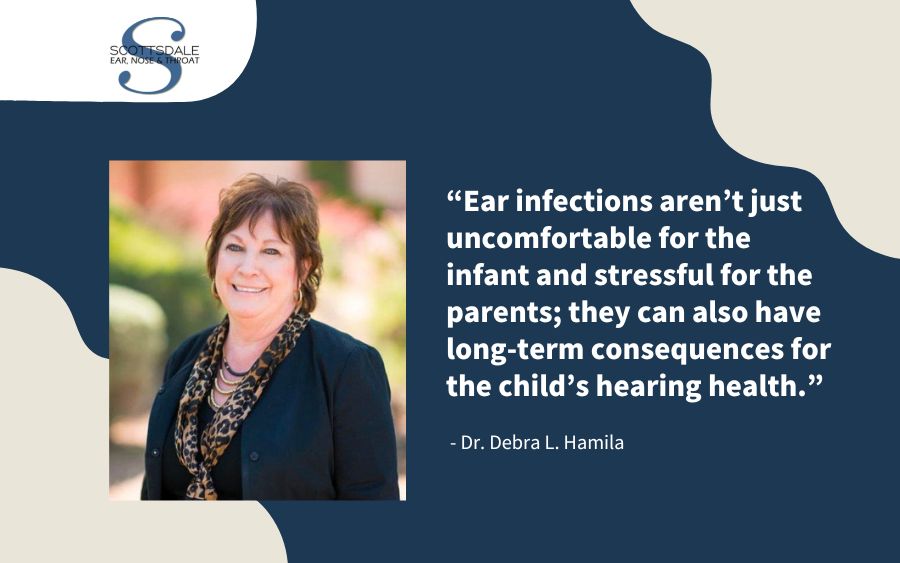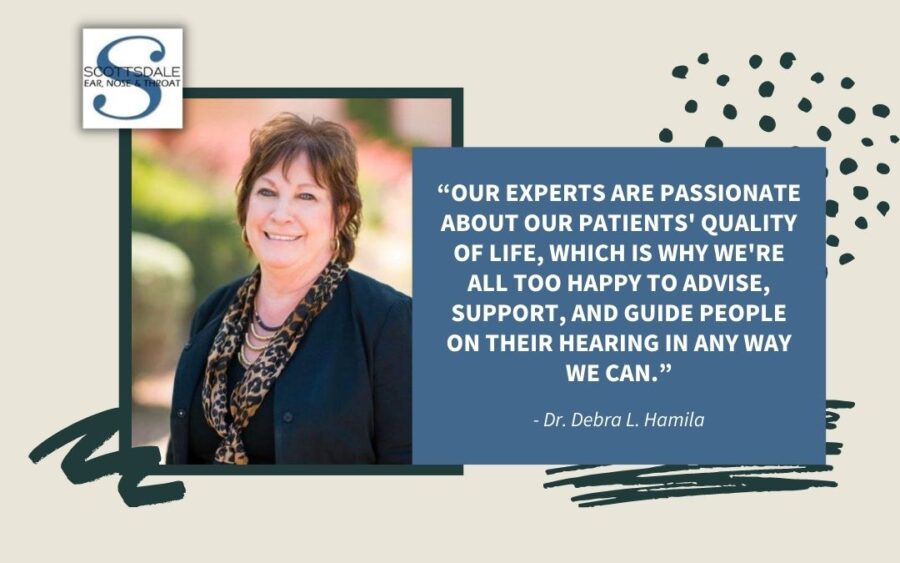Mention breastfeeding, and you’ll find most mothers have a strong opinion about it, one way or the other. It’s an emotional topic. But it’s also a scientific one. Researchers have spent years investigating the effects of breastfeeding on newborns and infants. One question that has been asked is, “does breastfeeding reduce the risk of ear infection in infants?” The results are in.
The short answer is, yes, it does.
But let’s delve a little deeper into the facts and figures behind this.
First, let’s set the scene…
Infection Rates In Infants
75% of infants have at least one ear infection by age one. Ear infections aren’t just uncomfortable for the infant and stressful for the parents; they can also have long-term consequences for the child’s hearing health.
For example, severe and repeated middle ear infections can cause hearing loss. In children, this can lead to delayed language development, resulting in learning difficulties and trouble with reading.
The Benefits Of Breastfeeding
Breastfed babies have half the number of ear infections of formula-fed babies. However, the protective effects of breast milk mean that exclusively formula-fed babies lose out and, as a result, have twice as many ear infections as solely breastfed babies.
The evidence supporting the protective effects of breast milk is so strong that the American Academy of Pediatrics (AAP) recommends exclusive breastfeeding for the first six months and continues breastfeeding for at least one year.
Protection Against Ear Infections
More breastfeeding means more protection against ear infections. In scientific jargon, this is called a “dose-response relationship—the “dose” being breastfeeding and the “response” is the likelihood of getting an ear infection.
Exclusive breastfeeding for the first six months provides the most significant amount of protection. Still, even partial breastfeeding or breastfeeding exclusively for a shorter amount of time will give some protection against ear infections, according to pediatricians.
So, when it comes to reducing the chances of ear infections, the old saying “breast is best” applies. To protect your infant’s hearing, there are a few other things you can do:
- Regularly wash your and your baby’s hands to reduce the chances of them catching a cold
- Reduce the use of pacifiers
- Don’t smoke
- Keep your infant away from second-hand smoke.
Importantly, if you ever have any concerns about your infant’s hearing, contact us at Scottsdale Ear, Nose, and Throat. We’re here to make sure that your child’s hearing stays sound and that you always have a trusted professional by your side.



